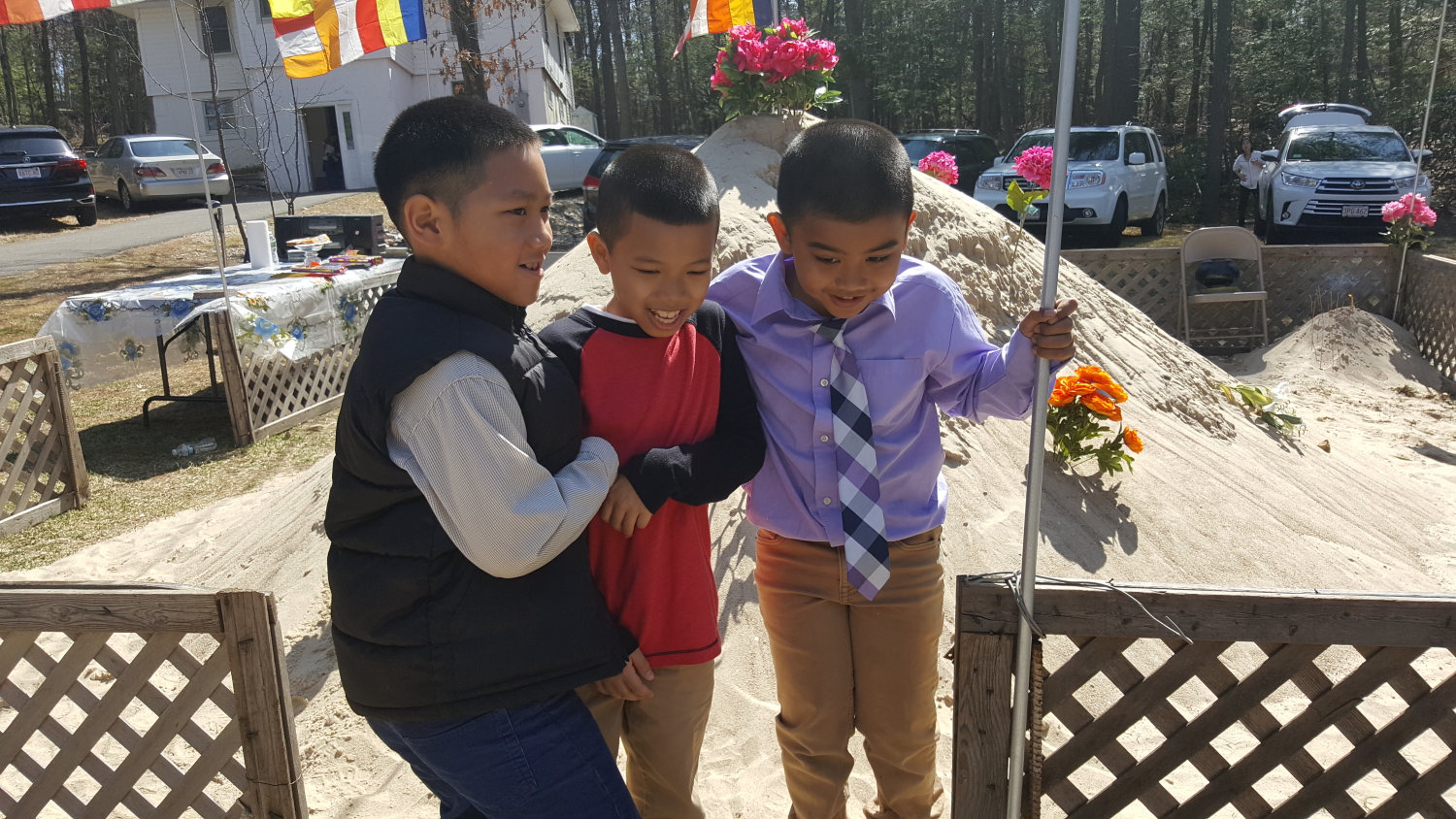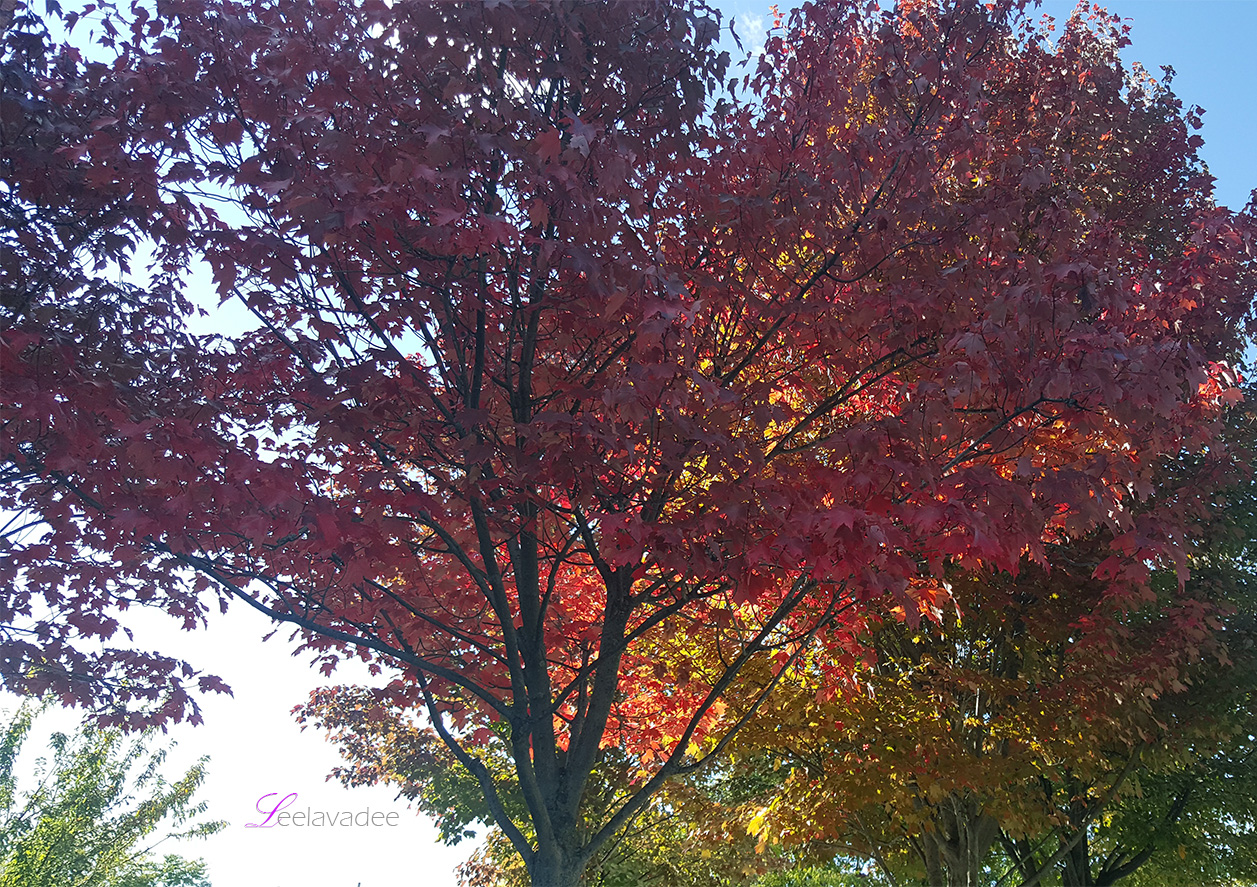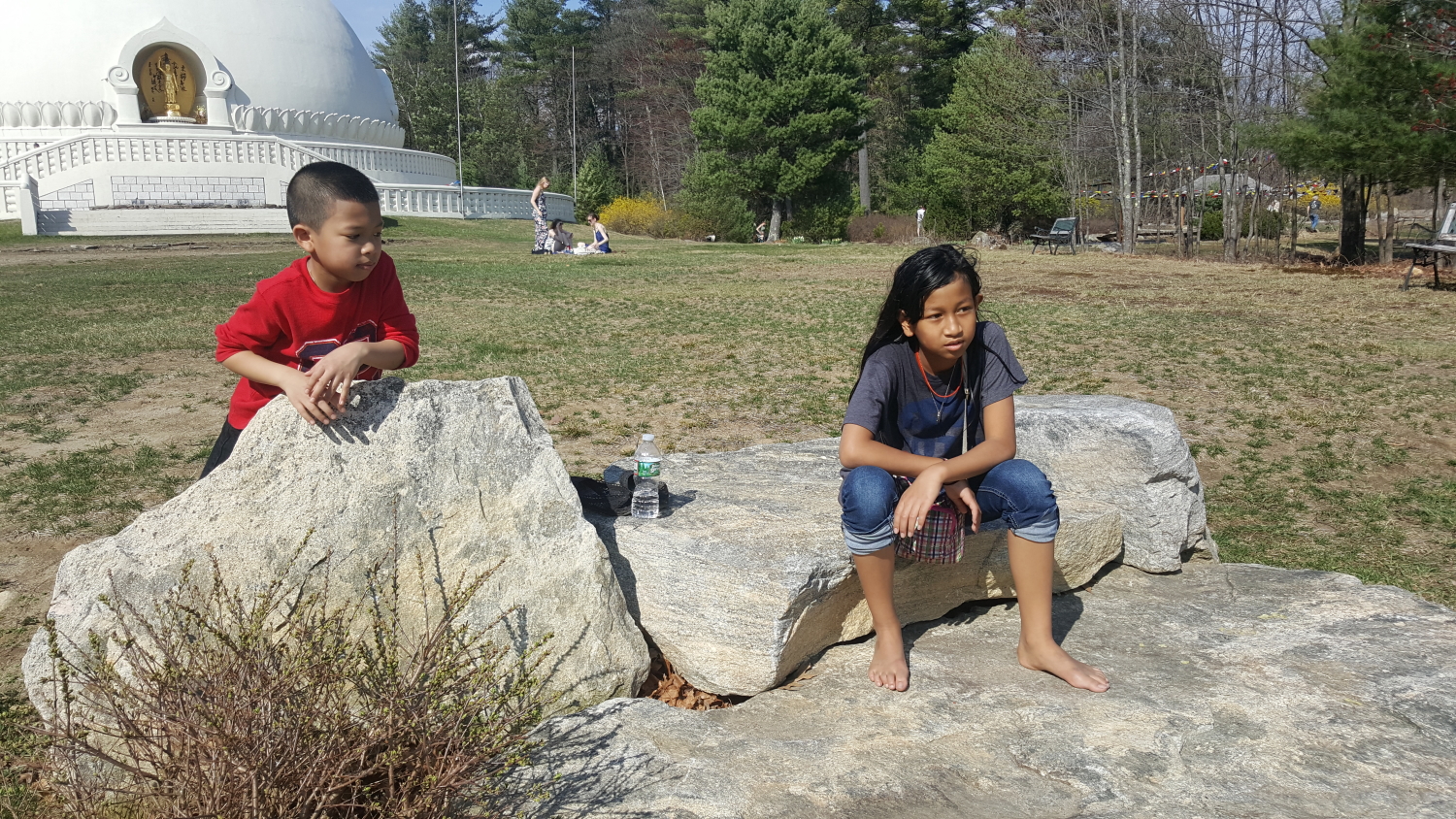
Verse 92: Arahats do not hoard (anything); when taking food they reflect well over it (i.e., in accordance with the three parinnas). They have as their object liberation from existence, that is, Nibbana which is Void and Signless. Their destination, like the course of birds in the air, cannot be traced.
1. sannicayo: hoarding. According to the Commentary, it means accumulating either kamma and its effects or any of the four requisites.
2. parinnatabhojana: to take food according to the three parinnas. According to the Commentary, there are three parinnas that the bhikkhu should have concerning food, viz., (a) nataparinna, knowing the exact nature of the food being taken, (b) tiranaparinna, being convinced of the vileness of material food, and (c) pahanaparinna, rejection of all pleasure in eating.
3. sunnata: the Void. According to the Commentary, it means void of craving. It is an epithet of Nibbana.
4. animittam: the Signless. According to the Commentary, it means no sign of craving, ill will and ignorance. It is also an epithet of Nibbana.
5. vimokkho: liberation from existence; Nibbana.
6. gati tesam durannaya: their destination cannot be traced because arahats have eradicated craving and are no more subject to rebirths.
The Story of Thera Belatthasisa
While residing at the Jetavana monastery, the Buddha uttered Verse (92) of this book, with reference to Thera Belatthasisa.
Thera Belatthasisa, after going on an alms-round in the village, stopped on the way and took his food there. After the meal, he continued his round of alms for more food. When he had collected enough food he returned to the monastery, dried up the rice and hoarded it. Thus, there was no need for him to go on an alms-round every day; he then remained in jhana concentration for two or three days. Arising from jhana concentration he ate the dried rice he had stored up, after soaking it in water. Other Bhikkhunis thought ill of the thera on this account, and reported to the Buddha about his hoarding of rice. Since then, the hoarding of food by the bhikkhus has been prohibited.
As for Thera Belatthasisa, since he stored up rice before the ruling on hoarding was made and because he did it not out of greed for food, but only to save time for meditation practice, the Buddha declared that the thera was quite innocent and that he was not to be blamed.
The Buddha then spoke in verse as follows:
Verse 92: Arahats do not hoard (anything); when taking food they reflect well over it (i.e., in accordance with the three parinnas).* They have as their object liberation from existence, that is, Nibbana which is Void and Signless. Their destination, like the course of birds in the air, cannot be traced.
*Parinnatabhojana: to take food according to the three parinnas. According to the Commentary, there are three parinnas that the bhikkhu should have concerning food, viz., (a) nataparinna, knowing the exact nature of the food being taken, (b) tiranaparinna, being convinced of the vileness of material food, and (c) pahanaparrina, rejection of all pleasure in eating.
Dhammapada Verse 92
Belatthasisatthera Vatthu
Yesam sannicayo1natthi
ye parinnatabhojana2
sunnato3 animitto4 ca
vimokkho5 yesam gocaro
akaseva sakuntnam
gati tesam durannaya6.
Source: Tipitaka


















